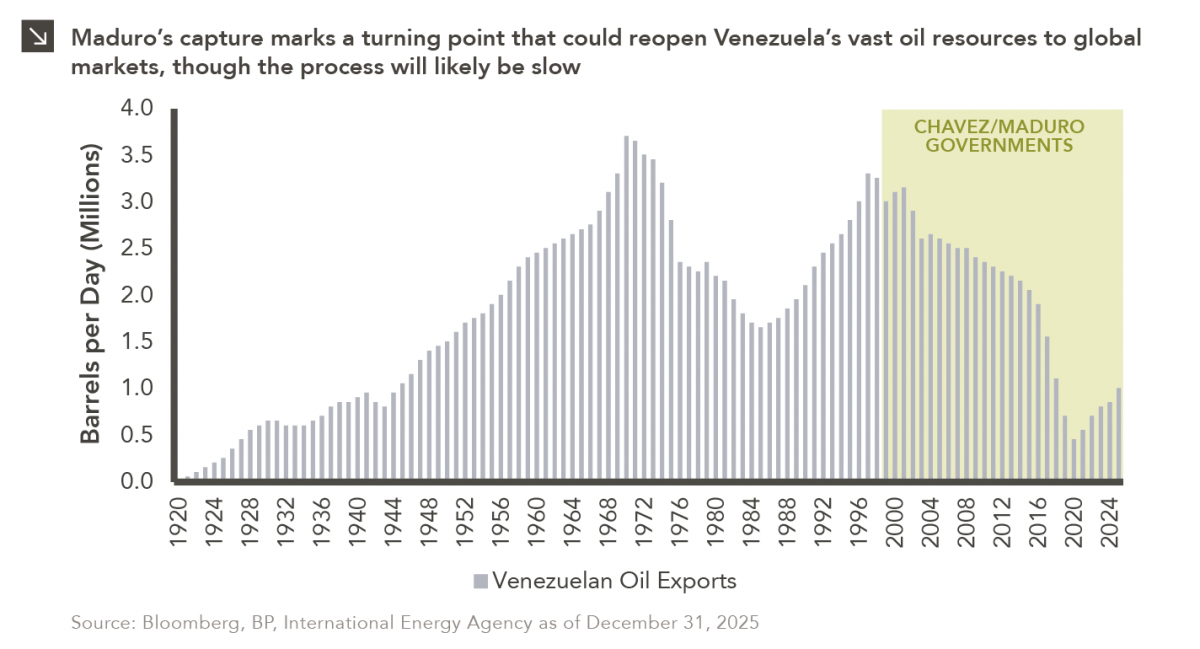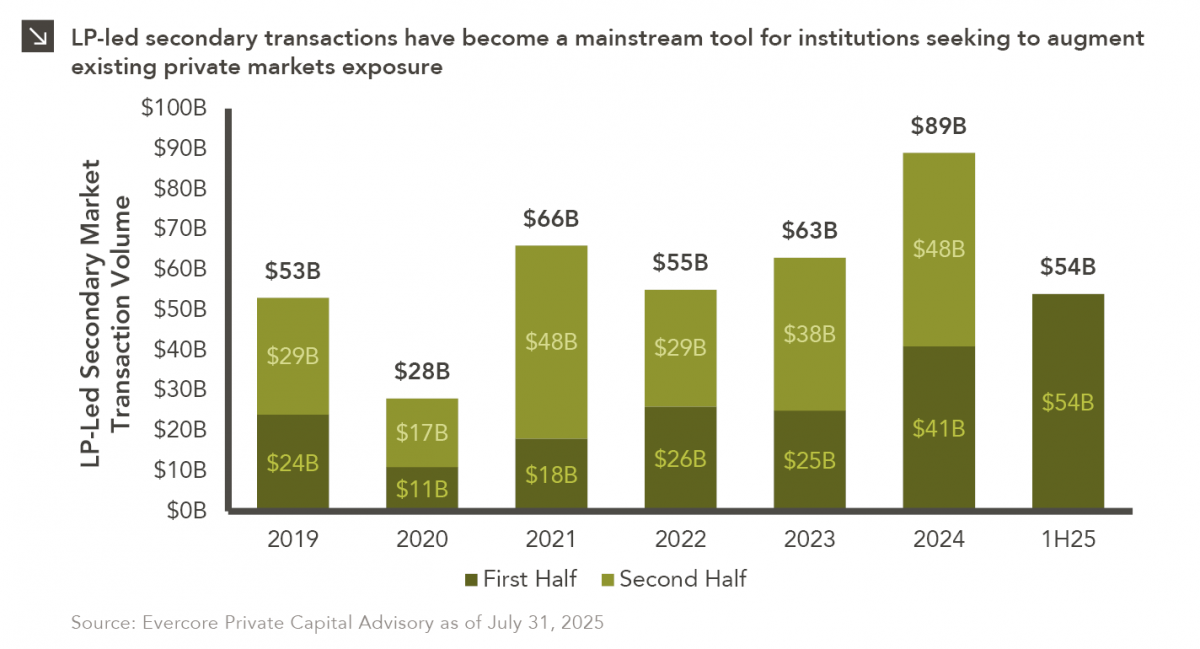Mike Spychalski, CAIA
Vice President


Over the past few quarters, there has been much discussion about how the recent plunge in oil prices would impact the U.S. economy. While there were expectations of both positive and negative effects associated with lower oil prices, the general consensus amongst economists was that this would have a net positive impact on the U.S. economy. Cuts in capital expenditures from U.S. oil producers (which have been a significant contributor to GDP growth for the past several years) were expected to be a drag on economic growth. At the same time, lower energy costs for consumers were expected to result in increased disposable income and thus increased consumer spending, which would boost economic growth. Given that the U.S. is a net importer of oil, the benefit to consumers was expected to more than offset the decrease in capital spending from producers, resulting in a net positive impact.
Since low oil prices have persisted for several months now, we are starting to get an indication of the impact on the economy, and at this point it does not appear to be nearly as positive as expected. It appears as if the economic drag from decreased capital expenditures from oil producers has been greater than the benefit from lower oil prices. While the drop in capital expenditures from oil producers has more or less been in line with expectations, the increase in disposable income has not translated to the increase in consumer spending that was anticipated. Consumers appear to be saving, rather than spending, this increased disposable income. As the chart illustrates, from June 2014, when oil peaked at approximately $115 per barrel, to February 2015 (the most recent date data is available for), annualized household spending on energy has decreased from approximately $645 billion to approximately $533 billion, representing a decrease of approximately $112 billion. Over the same time frame, annualized household saving has increased from approximately $658 billion to $768 billion, an increase of approximately $110 billion.
Thus far, the negative consequences from lower oil prices (reduced capital spending and job cuts from the energy sector) have been a drag on the U.S. economy, while the benefits from lower oil prices (increased consumer spending) have not yet had the positive impact that was expected. This phenomenon may help to explain some of the disappointing economic data observed during the first quarter. Consumers are often slow to adjust spending habits, and that may well be the case here, meaning that consumer spending will likely be one of the most influential economic data points in the coming months.
The opinions expressed herein are those of Marquette Associates, Inc. (“Marquette”), and are subject to change without notice. This material is not financial advice or an offer to purchase or sell any product. Marquette reserves the right to modify its current investment strategies and techniques based on changing market dynamics or client needs.

01.12.2026
The capture of Venezuelan president Nicolás Maduro is a watershed moment for a country whose natural resource economy has been…

01.07.2026
Please join Marquette’s research team for our 2026 Market Preview Webinar analyzing 2025 across the economy and various asset classes…

01.05.2026
The development of artificial intelligence is advancing along two largely distinct paths. The first centers on generative AI powered by…

12.29.2025
While the holiday season was once marked by bustling bars, readers may notice that nightlife isn’t what it used to…

12.22.2025
Private equity is known for being an illiquid asset class, with investments typically locked up for several years and limited…

12.15.2025
While technology-oriented firms have made their presence known in equity markets for several years, these companies have made waves in…
Research alerts keep you updated on our latest research publications. Simply enter your contact information, choose the research alerts you would like to receive and click Subscribe. Alerts will be sent as research is published.
We respect your privacy. We will never share or sell your information.
If you have questions or need further information, please contact us directly and we will respond to your inquiry within 24 hours.
Contact Us >